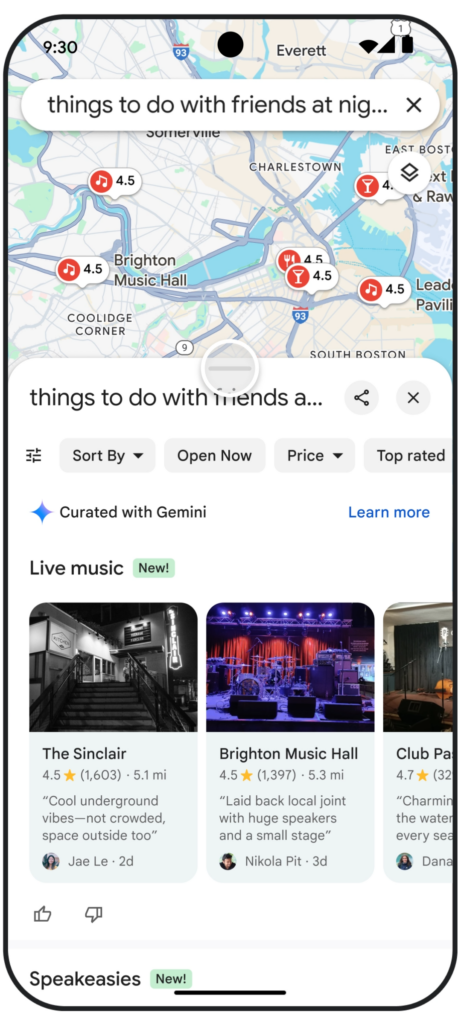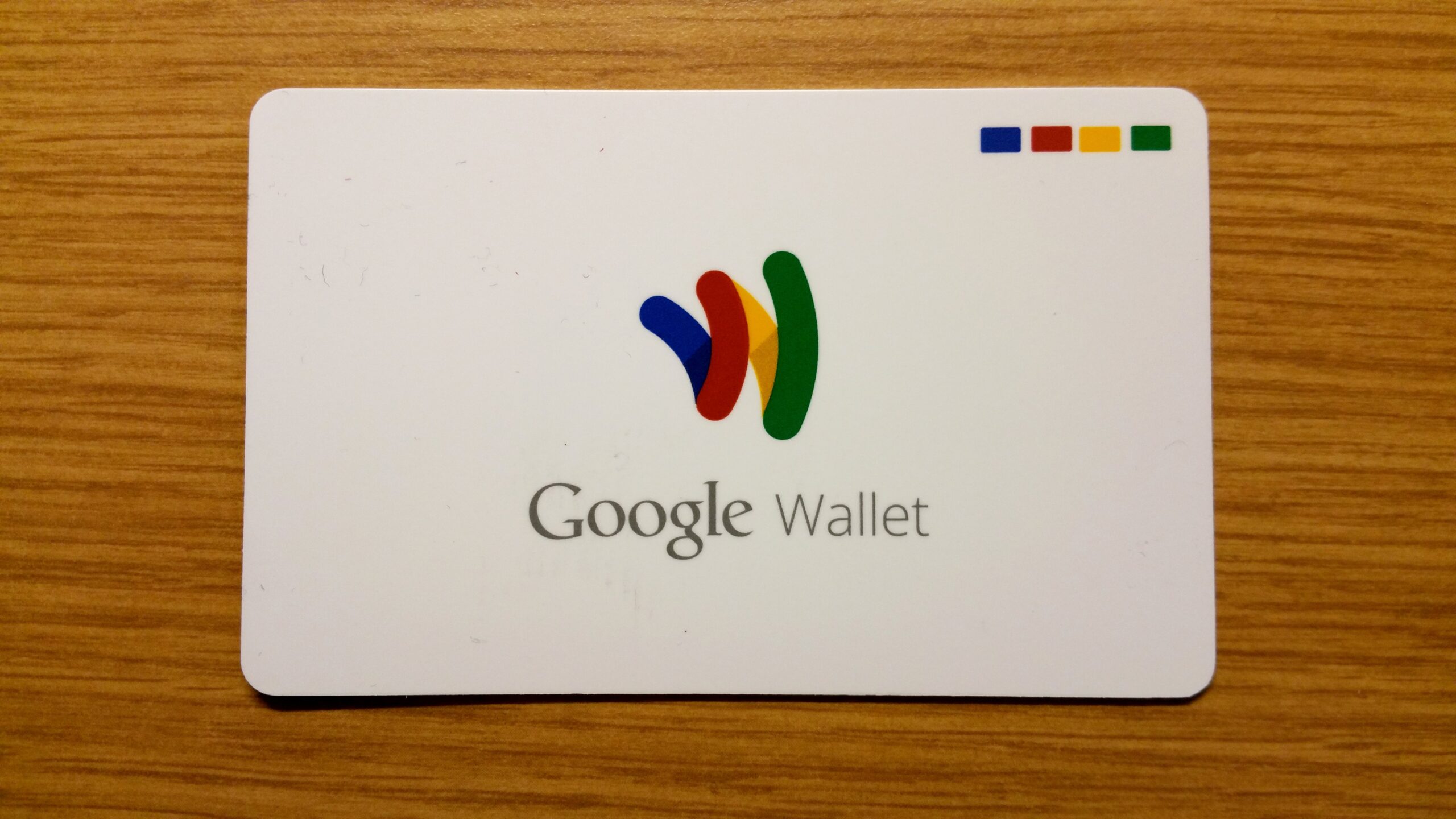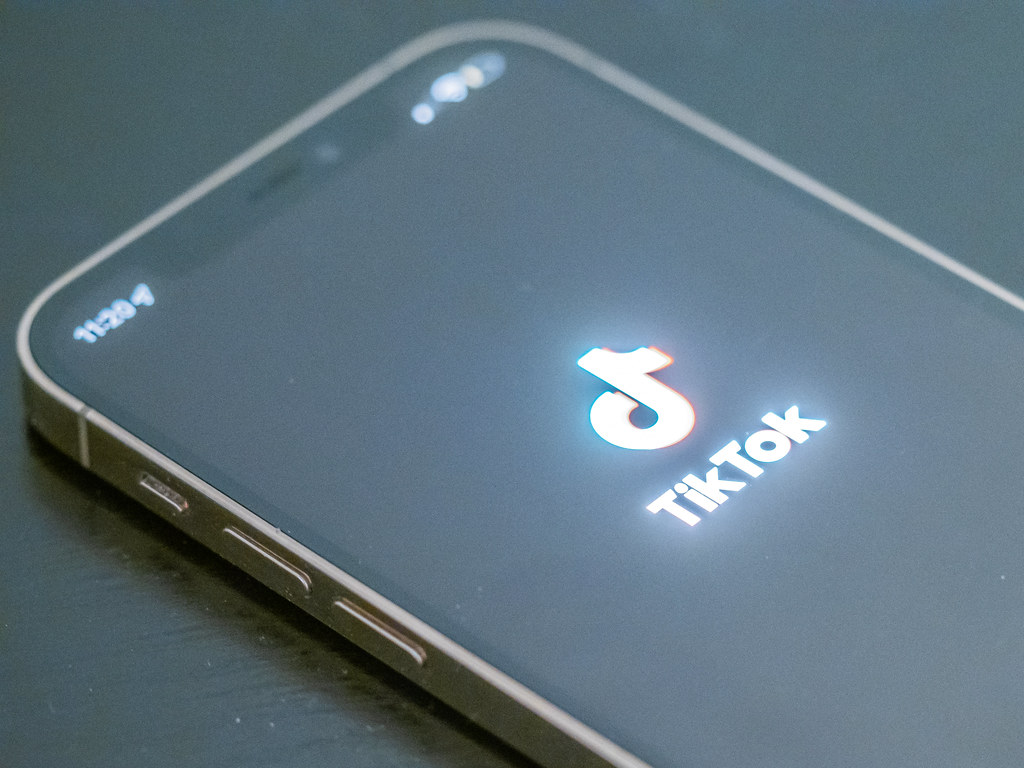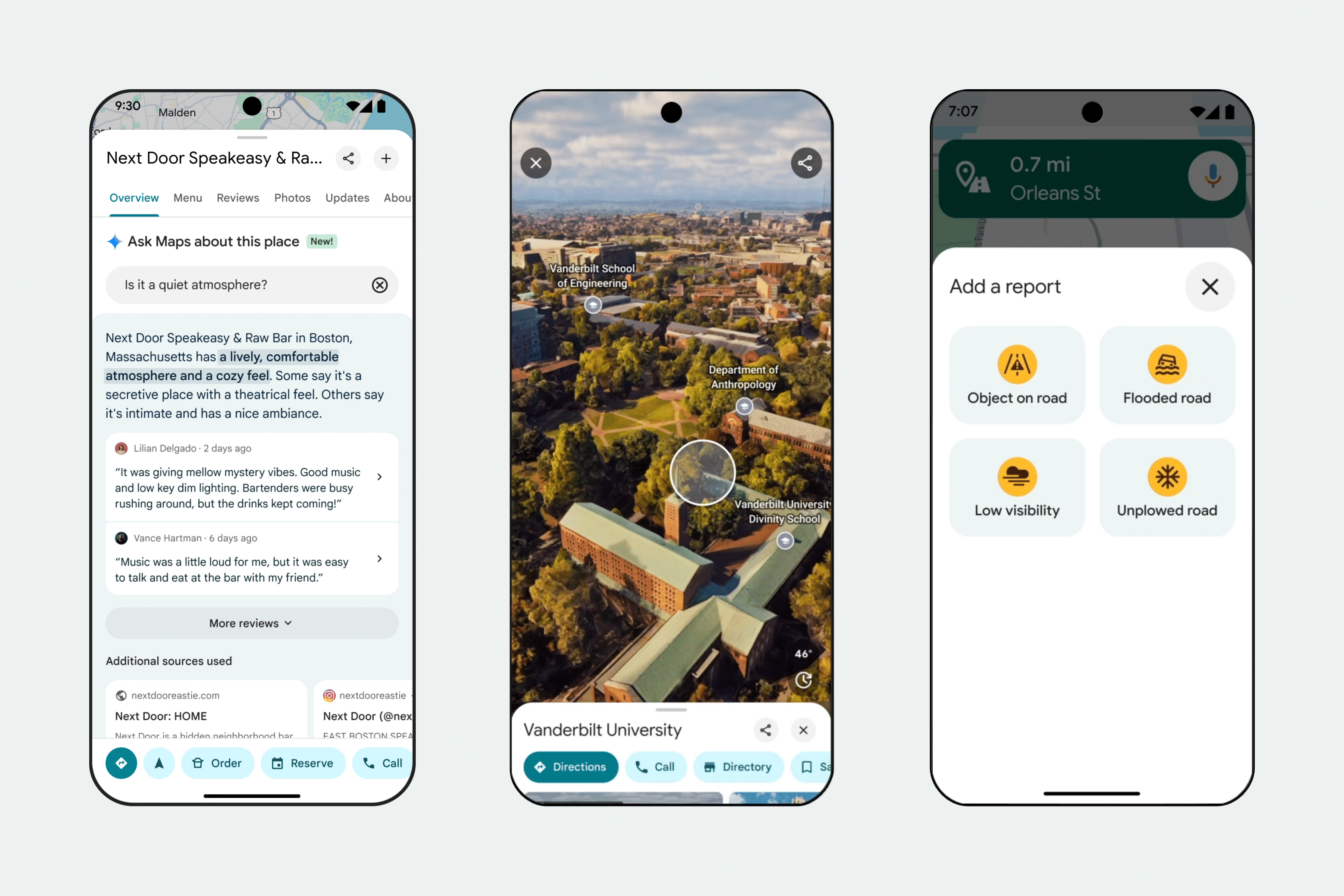Google is rolling out a suite of new AI-powered features in Google Maps, all powered by its generative AI model, Gemini. The updates, announced on Thursday, aim to enhance user experience with AI-driven recommendations and improved navigation tools, helping users explore locations and get around more efficiently.
One of the main features of this update is Gemini’s ability to suggest places to visit and answer conversational questions about different locations.
For example, if a user wants to find something fun to do with friends at night, they can ask Maps for suggestions, and Gemini will provide a curated list, such as visiting a speakeasy or catching live music. Users can also ask follow-up questions, like whether a place has outdoor seating, and receive a summary of reviews from other visitors. This conversational functionality will be available on Android and iOS for U.S. users starting this week.



In addition to suggesting activities, the Gemini AI will deliver AI-powered review summaries for places, and similar experiences are planned for Google Search in the future, allowing users to ask questions about venues directly.
Improved Driving Directions and Lane Guidance
The navigation experience in Google Maps is also getting an overhaul. The app will provide clearer lane guidance, showing the exact lane to be in, as well as displaying crosswalks and road signs to help drivers navigate complex roads with multiple lanes, forks, and exits. This will be particularly useful for motorists driving in unfamiliar areas. The improved lane guidance and navigation visuals will make it easier for users to avoid last-minute merges.
Route Planning and Parking Assistance
Google Maps is also introducing features that allow drivers to explore notable landmarks, attractions, scenic spots, and dining options along their route before setting off. Once users reach their destination, the app will assist in finding nearby parking lots and offer a reminder to save the parking location.
The app will even guide users from their parked car to the entrance of their destination, using Street View or AR (augmented reality) walking navigation if needed.
Additional updates include the ability to see and report weather-related road disruptions, such as flooded, unplowed, or low-visibility areas, giving drivers better awareness of potential hazards.
Another significant expansion is the Immersive View feature, which uses AI to create 3D models of destinations. Initially launched last year, Immersive View is now extending to 150 cities worldwide, with new locations including Brussels, Kyoto, and Frankfurt. This feature will allow users to visualize what a place looks like, including at different times of day, using AI-generated imagery.
Gemini AI Integration in Waze
Google has also announced that it is integrating Gemini AI into Waze, the navigation app it owns. This integration will enable a new voice-powered reporting feature, which is currently being tested. Drivers can tap a button and use natural language to report traffic conditions or hazards, such as saying, “Looks like there are cars jammed up ahead.”
With these updates, Google aims to make Maps more user-friendly and better equipped to compete with Apple Maps and other navigation apps. These AI-driven enhancements are part of a broader trend where Google is leveraging its Gemini AI across its platforms, including Google Earth and plans to integrate similar AI functionalities into Search.











